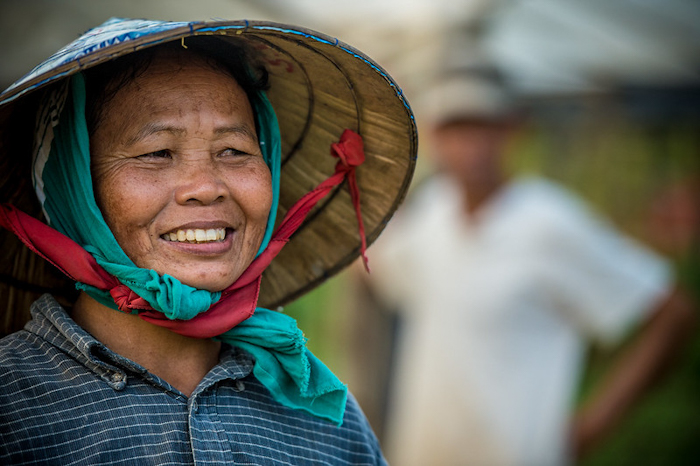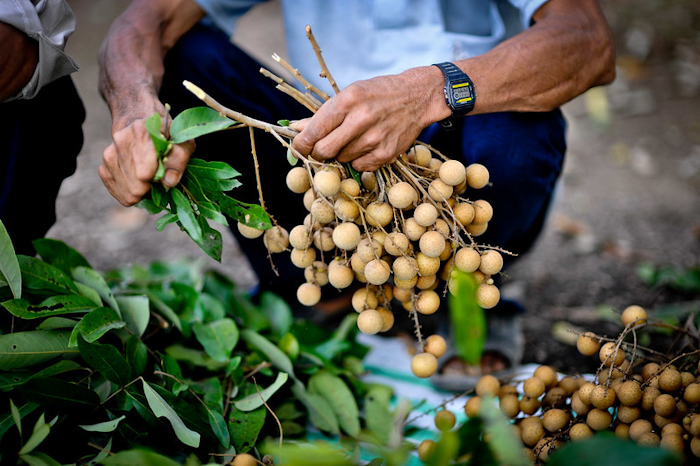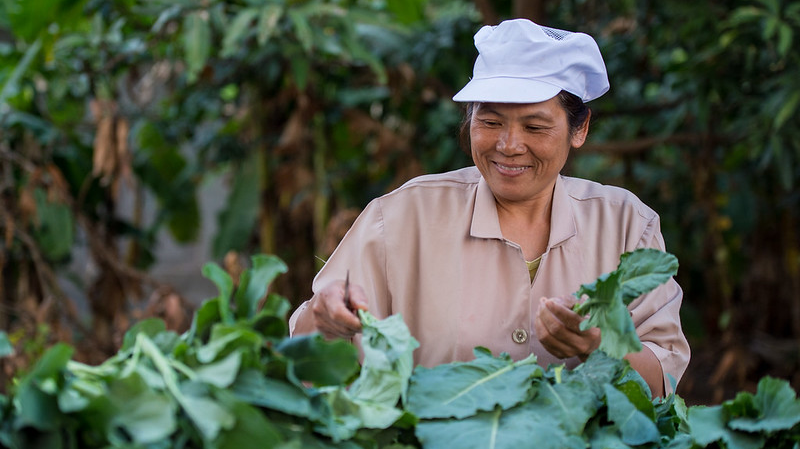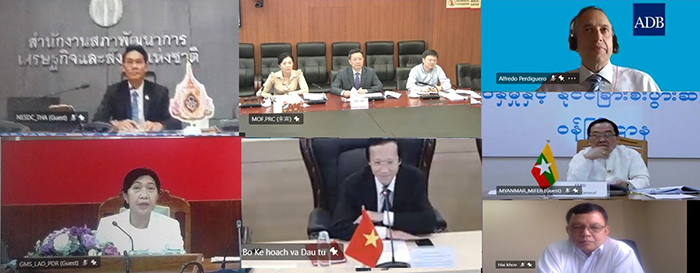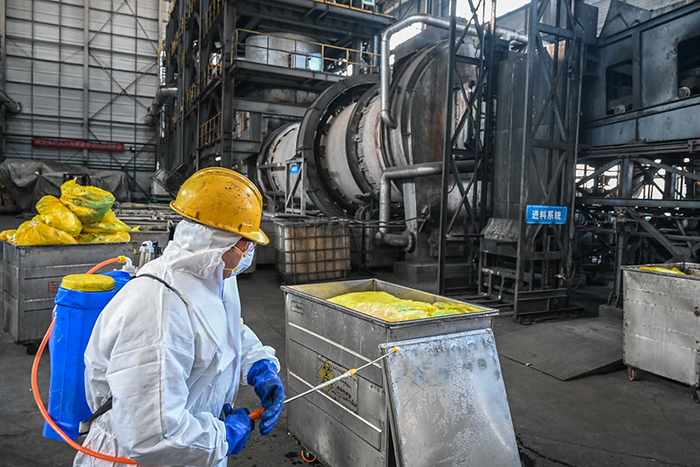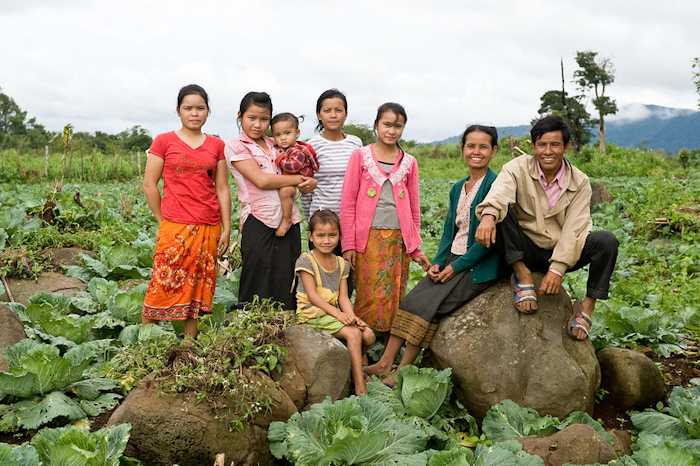
Photo by ADB
Young People are Encouraged to More Actively Engage in GMS Agri-food Value Chains
The ageing agricultural labor force in most of GMS countries is causing significant obstacles for the development of agro production activities, not only in productivity but also in innovation. Developing or applying knowledge-based and innovative aspects such as climate smart agriculture, digitalization, block chain technologies and other innovations is crucial for the sector to become more sustainable and competitive. Youth in the region is the generation to continue to work in this essential field, and they play a pivotal role in transforming agri-food systems.

